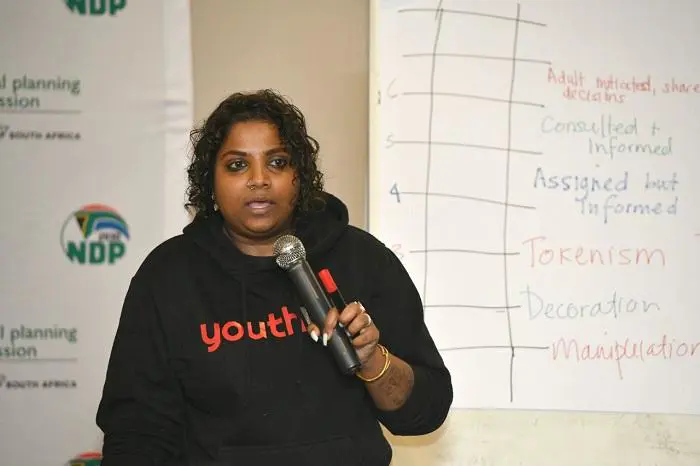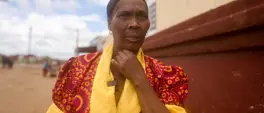Digital looking glass: Are job attitudes of the youth changing?
Keamogetswe Mosepele and Palesa Manaleng
30 June 2022 | 10:00With the advent of the internet and open access to a variety of free online courses, opportunities are opening up for many South Africans hoping to make a living outside of the traditional and highly competitive job structure.
JOHANNESBURG - As we say goodbye to Youth Month, it is important to reflect on the challenges that characterise the plight of young people today.
Statistics South Africa (Stats SA)'s latest quarterly labour force survey records youth unemployment at 46,3% for people aged 15 - 34 years.
According to The Conversation, the slope in youth employment has also been exacerbated by the effects of the COVID-19 pandemic, which highlighted weaknesses between the lack of demand for labour and the inefficiency in developing skilled labour.
This has left many young people disillusioned after years of hard work put into obtaining a post-matric qualification, only to sit at home in desperate anticipation of employment.
But with the internet and open access to a variety of free online courses, opportunities are opening up for many South Africans hoping to make a living outside of the traditional and highly competitive job structures.

Kutlwano Radebe. Picture: Supplied
Kutlwano Radebe (30) is a digital entrepreneur who makes YouTube videos educating young people on how they can make money online.
Radebe has a mechanical engineering degree but left her corporate job and instead used her skills to start a business while helping others do the same.
“From my research, I discovered that starting a business by leveraging social media was the most cost-effective way for me to get started… I found many digital entrepreneurs who have built empires through cultivating a brand online.’’
Babazile Nhlapo (35), who has over 46,000 subscribers on YouTube, has made over R100,000 based on online revenue streams alone.
She said today’s young people should take advantage of the internet rather than falling down the rabbit hole of applying for traditional jobs and getting rejected.
Nhlapo does not have a post-matric qualification and was self-employed at her events company for over 10 years until COVID-19 hit and destabilised her livelihood.
She took to the internet in 2020, used her last R1,500 to buy data and registered in an online course on how to start a YouTube channel.
Now she helps 740 people, 200 of which are under 30 years old, on how to make money online.
ONLINE BRANDING AND PRESENCE
Managing director of Youth Lab, Pearl Pillay, says young people are constantly having to figure out a relationship with money that adapts to an incredibly hostile financial environment.
Youth Lab is a youth development and policy organisation which focuses on mainstreaming youth participation in development and builds youth capacity.
“Living in one of the most unequal societies in the world, in an economy that simply isn’t growing, has meant that young people have had to constantly reinvent the wheel in order to survive.”

Managing director at Youth Lab, Pearl Pillay. Picture: @PearlPillay/Twitter
Johannesburg-based software developer Sandile Mkhize said today’s youth understood the importance of personal branding more than other generations, making them privy to perusing digital opportunities.
Mkhize is a wheelchair-user and aims to find sustainable pathways to more people with disabilities into the tech field in South Africa.
He started making money online during the Fess Must Fall protests,
“I wanted to contribute in a way that would help students share notes and access these notes at no charge for students studying via correspondence. After the website reached 100,000 users, I decided to place ads on the site and that is how I started to make money from it.’’
He says in comparison to older generations, young people are finding ways to monetise their interests.
“Capitalising on networks and communities they have built, I have noticed that compared to other generations, the youth are monetising their hobbies.’’

Johannesburg based software developer Sandile Mkhize. Picture: Supplied
Pillay said society was usually very hard on young people, and often forgot the environment they had to find work in.
“I think we need to be a lot more empathetic to what it means to be young in South Africa.’’
Nhlapo recommends entrepreneurship from the onset instead of hunting for work: “Test out what you love, what you really love, and develop those set of skills … there is some kind of job on the internet for you.’’
Get the whole picture 💡
Take a look at the topic timeline for all related articles.
















